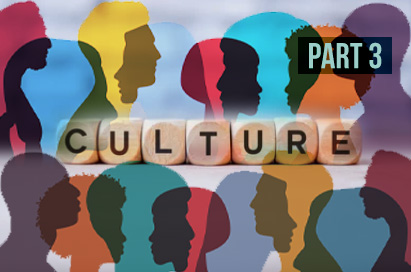How do Leaders Model Vulnerability?
When I began as a leadership coach, the question that would scare leaders most was: if those who you lead saw your life, would they want it for their own? Or, in other words, are you practising what you preach, and is it working for you and those around you?
We are all leaders somewhere. And a hugely valuable ingredient I can offer in places where I lead is a certain level of vulnerability, because without vulnerability true community cannot exist. People who have embraced their own vulnerability, either because they have no choice or have made a deliberate decision to do so, are free to plot a path of change because they are no longer pretending.
All of us have things we cannot do, or are afraid of attempting, and these are experienced as the limits to our ability to function as we would wish. We also experience limits imposed on us by society, maybe due to physical, psychological, social or educational barriers. It often takes one person to admit their own limitations for the penny to drop or the dam of denial to be released.
I like to think Jesus told the parable of his father inviting the poor, the disabled and marginalised to eat with him because being surrounded by people who are authentic is the best company for a celebratory feast. I am certain that Jesus’ decision to wash the disciples’ feet was him embracing a vulnerable stance from a place of deep assurance. Read the text again and ask yourself what kind of logic connects the knowledge of being powerful with what Jesus does with that awareness:
“Jesus knew that the Father had put all things under his power, and that he had come from God and was returning to God; so he got up from the meal, took off his outer clothing, and wrapped a towel around his waist. After that, he poured water into a basin and began to wash his disciples’ feet, drying them with the towel that was wrapped around him.” (John 13)
Jesus’ disciples were commanded to do likewise, and so are we. I conclude that opening ourselves to each other and embracing an attitude of vulnerability is an essential first step to becoming communities of transformation and empowerment.
We must all have our boundaries, and it is essential that we calibrate our vulnerability according to the level of trust we have in others. But most of us need to take more risks. If we do, those who put us on pedestals will be pleased we did.


